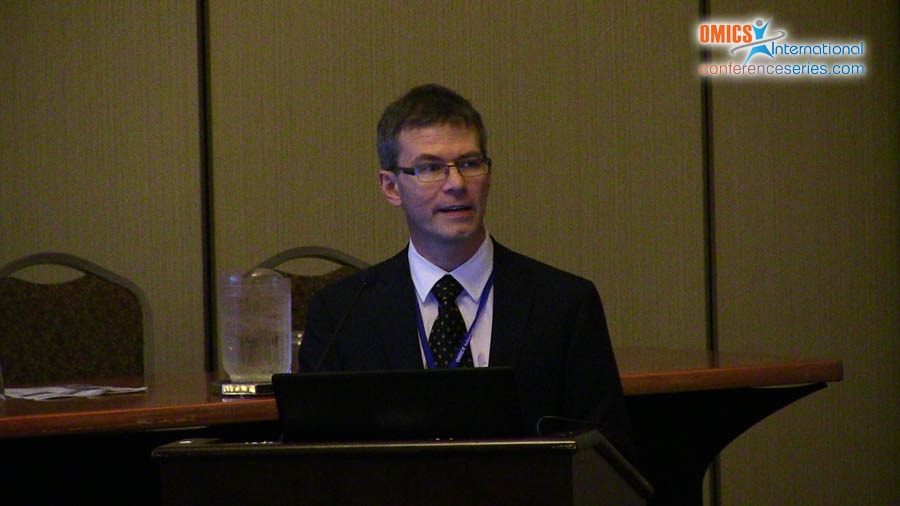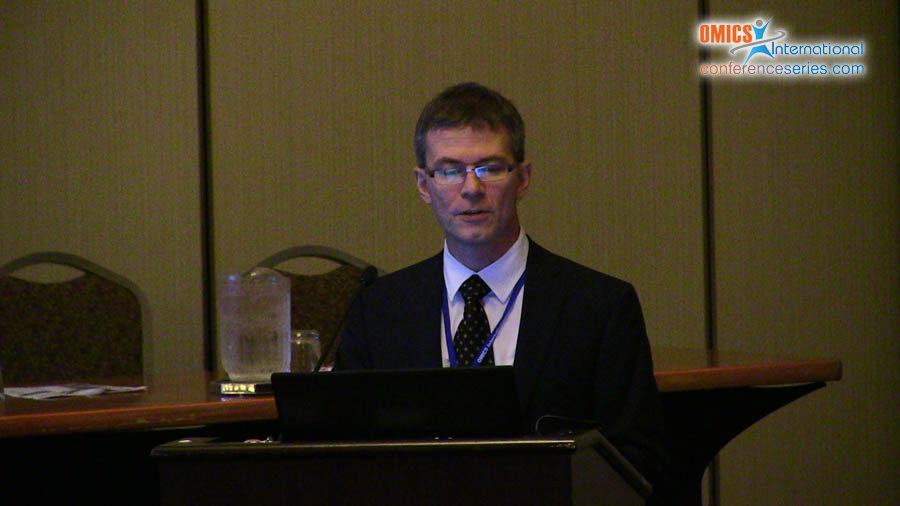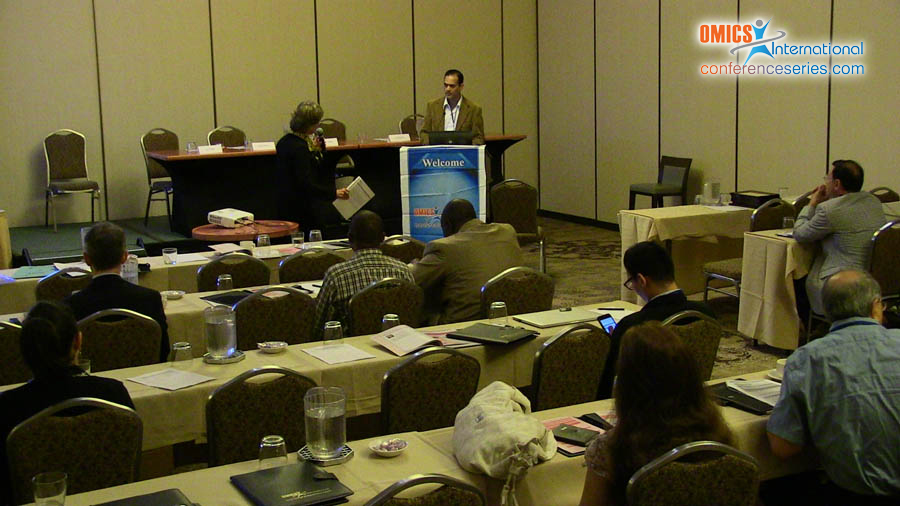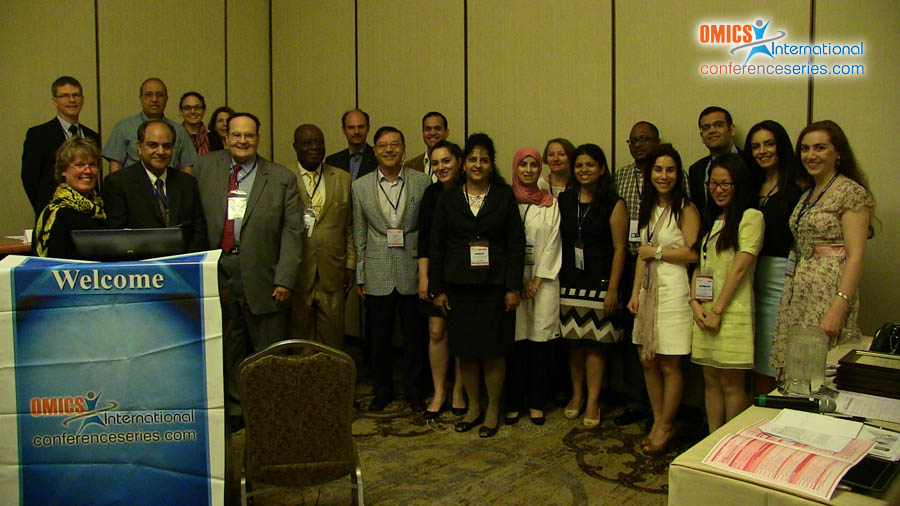
Robert Gensure
Albert Einstein College of Medicine
USA
Title: Parathyroid hormone-related peptide and the hair cycle – a new target for developing alopecia therapies
Biography
Biography: Robert Gensure
Abstract
Alopecia is a very common condition with a variety of causes, including androgenic stimulation (male-pattern hair loss, polycystic ovarian syndrome), drug-induced (chemotherapy alopecia), and autoimmune disorders (alopecia areata). Hair loss can cause psychological stress, and the lack of effective therapies can cause patients to pursue off-label use of potentially hazardous treatments. Parathyroid hormone-related peptide (PTHrP) is a hair cycle regulator which provides a promising target for development of alopecia therapies. While early studies focused on using PTHrP antagonists to prolong the anagen phase, more recent studies suggest that PTHrP agonists can initiate the anagen phase by increasing levels of beta-catenin in hair follicles. Skin targeted PTHrP analogs have been shown to increase hair growth in animal models of chemotherapy alopecia and alopecia areata. The treatments result in increased number of hair follicles and resolve the dystrophic changes seen in these conditions. There is an associated increase in beta-catenin levels, which suggests that PTHrP agonists act through activation of the Wnt signaling pathway. This new finding introduces a promising target for drug development for many causes of alopecia.




